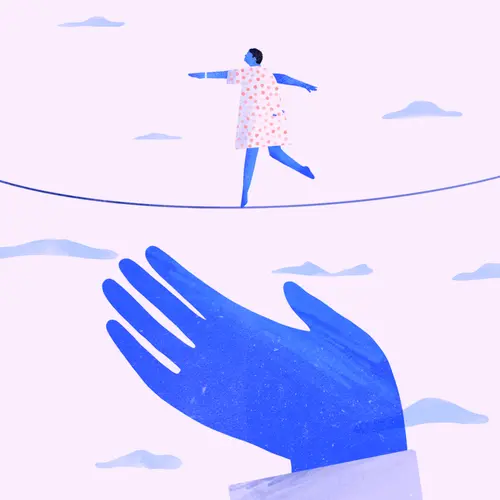Although HIV makes aging more complicated, plenty of people have had the disease for years, even decades, and are doing well.
"These days, we fully expect that someone with HIV will live a long, healthy life," says Christine A. Wanke, MD, director of the Nutrition and Infection Unit at Tufts University School of Medicine. "But that means they have to plan ahead and adopt the healthy habits to stay that way, just like anyone without HIV."
Manage Your Health
As your body gets older, you can expect to have health problems. "HIV accelerates the aging process and magnifies its effects," says John G. Bartlett, MD, professor at the Johns Hopkins School of Medicine and former director of its AIDS service. That means having HIV may make you more likely to get heart disease, diabetes, cancer, osteoporosis, kidney problems, and other conditions.
So keep on top of your general health, says Brad Hare, MD, director of the University of California, San Francisco HIV/AIDS Division at San Francisco General Hospital. Get your physical every year, and keep tabs on your blood pressure and cholesterol. Make sure you have any other tests your doctor wants you to have, when he wants you to have them.
If you don't already, see an HIV specialist regularly. The older you are and the more complications you have, the more important it is to have an expert overseeing your care.
Make sure all your doctors know about every drug and supplement you use. This includes prescription drugs, over-the-counter products, vitamins, and natural remedies. Adding more into the mix with your antiretroviral medicines sets up more chances that some of the things you take won't work well together. Doctors may have to change your medicines, their doses, or their timing to prevent interactions.
Keep Up Healthy Habits
To enjoy life as you age, stay fit. The health-conscious lifestyle that you should have adopted when you were diagnosed with HIV will serve you well in the future. Exercise regularly, and if you haven't stopped smoking yet, do it now.
There's no reason to stop putting lots of fruits and vegetables, lean proteins, whole grains, and healthy fats on your plate. "Eating a heart-healthy diet makes sense for everyone," Bartlett says. "But because people with HIV have higher risks of heart disease, it makes even more sense for them."
Foster Relationships
People with HIV tend to feel more isolated than other older adults as they age. You may be dealing with strained family ties or embarrassment about your condition. Important people in your life may have died or moved away.
And when you're feeling alone and out of touch, you're more likely to get depressed.
That's why it's important to stay connected with your network of loved ones and friends. Try to meet new people, too. Get involved in your community, take a class or pursue a hobby, or join a support group.
Plan for the Long Term
You may need to reconsider how you're thinking about your future. "I talk to people with HIV who say, 'I didn't expect to live to middle age, but now I'm middle-aged and I'm probably going to live another 30 years,'" Hare says. This adjustment can be a challenge.
Call your local health department to learn about resources for people with HIV, he suggests. Your local Council on Aging is another good place to start looking for programs and services to bring you up to speed and give you things to consider.
Perhaps you haven't saved enough money to last for a longer life. That's something a financial planner can help you sort out.

